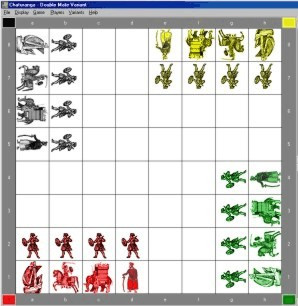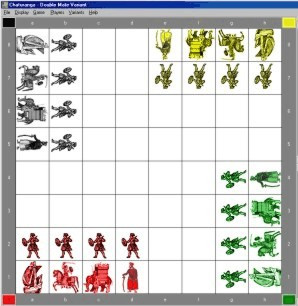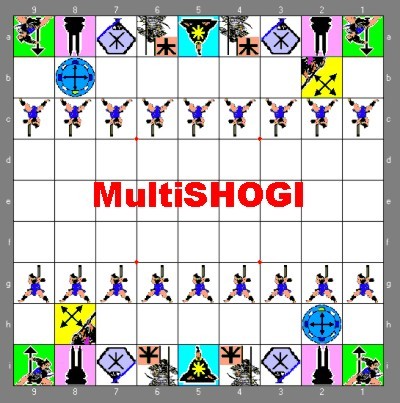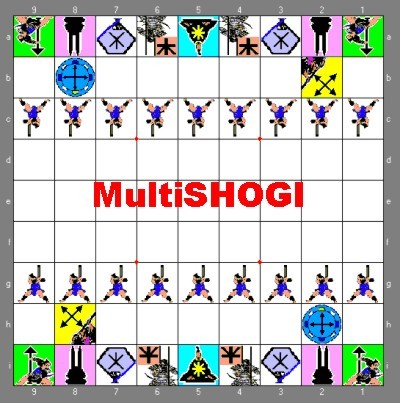Zenet (Senet or Passing)
Steve Nichols formulated Median Vision Theory (MVT/Primal Eye) in 1979 and has been developing some practical applications including MVT-based sentient computers. Locus for Posthuman Buddhism, Posthuman Psychology and the Posthuman Movement (since 1988). *NEW PAPER* Posthuman goddesses & gods
Primal Eye 1979 (Surrey)
Text of original 1979/1980 Phantom Eye Theory Dissertation Surrey University - Prof Steve Nichols, MSc Neural Nets, MA Philosophy
My contention was 1979 and is now 2022 that ‘abstract thought’ or ‘self-referential consciousness’ evolved in direct inverse proportion to the regression and disappearance of the pineal eye. Another way to phrase this is to say that the brain of living vertebrates was intrinsically geared to receiving information from the primitive eye via the stalk attached pineal gland, and although it stopped receiving direct physical stimulus and input from the pineal sense‑organ, it was still able to regulate body‑decisions, and enable the organism to behave in an appropriate way in response to its surrounding environment. In short, abstract modelling or reflective thinking had arrived on the evolutionary scene.
The Primal Eye: 40 years on - 1979 to 2019 Kindle Edition
Posthuman Immortality and
Primal Eye Technologies
We are making rapid advances in AI research and offer a range of innovations and new products developed from primal eye theory.
THE POSTHUMAN UNIVERSITY
membership by Invitation
LEVELLING UP HIGHER EDUCATION - WE ARE ALL PROFESSORS AT THE POSTHUMAN UNIVERSITY Critical Theory is a philosophical and social theory that originated in the Frankfurt School in the early 20th century. It is concerned with analyzing power relations and social structures that maintain inequality, oppression, and injustice in society. Critical Theory arose within the context of higher education precisely because universities are sites of power and hierarchy. The critical theorists sought to uncover and challenge the underlying assumptions and power structures that shape the ways in which knowledge is produced, disseminated, and used within these institutions. Critical Theory is a (NEO) MARXIST viewpoint.
Some criticisms of Critical Theory suggest that it is too abstract and theoretical, leading to a lack of practical solutions to social issues. Additionally, some argue that Critical Theory may focus too much on identity politics and individual experiences, and not enough on the broader social and economic systems.
It is undeniably true that legacy universities can be seen as perpetuating power structures and hierarchies, with professors holding authority over their students and the university administration holding authority over both. This is partly a reflection of the broader social and political structures in which universities are situated, and financial oversight by State or Religious authorities that often pollute intellectual arguments.
As for how a posthuman university could level up higher education using the latest AI and promoting all students and teachers to professors, it is an intriguing idea. I want to create a more decentralized and self-organizing system, where students and teachers collaborate on research projects and contribute to the production of knowledge in a more democratic and participatory way. AI could be used to facilitate this process, providing tools for data analysis, communication, and collaboration.
Such a system could also be designed to promote lifelong learning and continuous self-improvement, with students and teachers working together to develop new skills and expertise. Rather than a hierarchical model of education, where knowledge is transmitted from those in authority to those below them, a posthuman university could be a more fluid and dynamic system that encourages the sharing and co-creation of knowledge across different levels and domains of expertise. LEGACY UNIVERSITIES are highly challenged by Critical Theory. Furthermore they represent poor value on the whole for many students.
'parsing human knowledge'




PC & Mac classical strategy games - Enochian Chess, Chaturanga & Multishogi available to order













